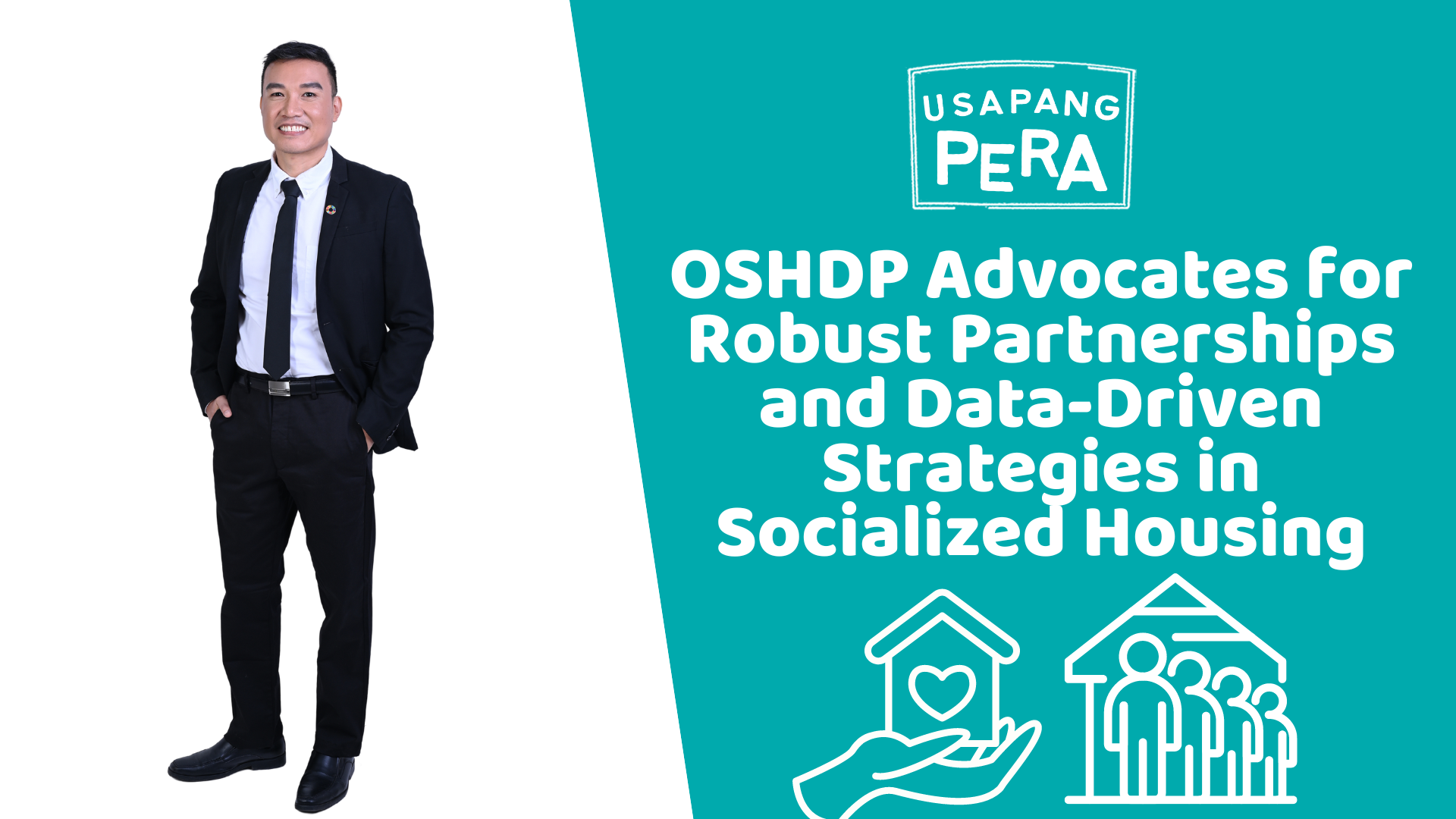Tag: community partnership
-

OSHDP Advocates for Robust Partnerships and Data-Driven Strategies in Socialized Housing
At the 2nd Socialized Housing Summit, held at the Ateneo de Manila University on March 18-19, 2024, Engr. Marcelino Mendoza of the Organization of Socialized and Economic Housing Developers of the Philippines Inc. (OSHDP) provided an in-depth look at the vital role mass housing developers play in addressing the country’s urgent housing needs. Organized by…